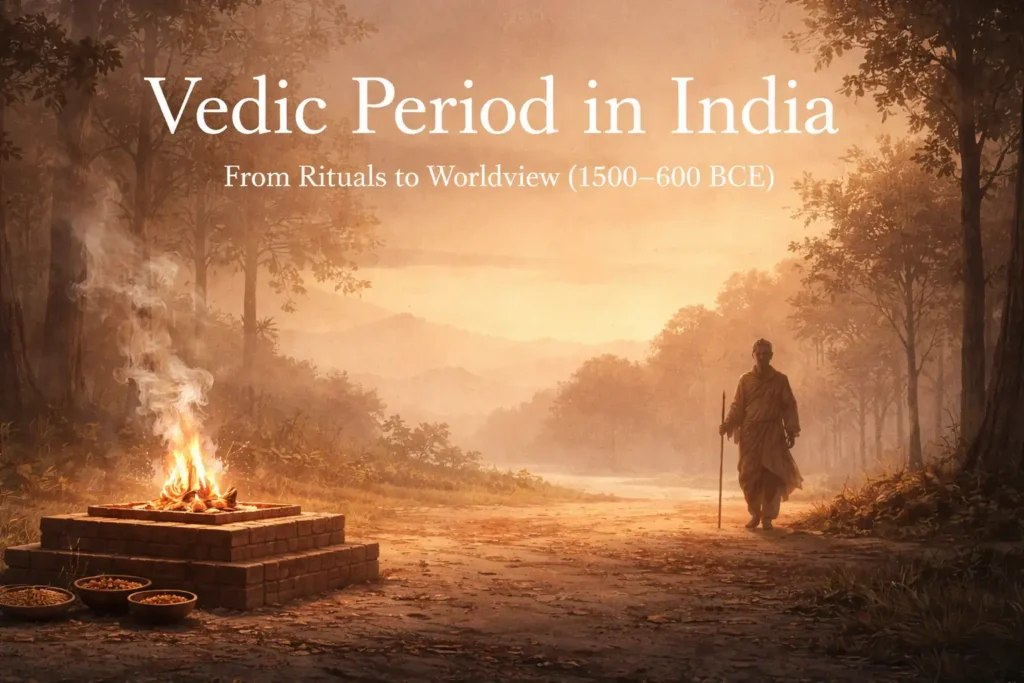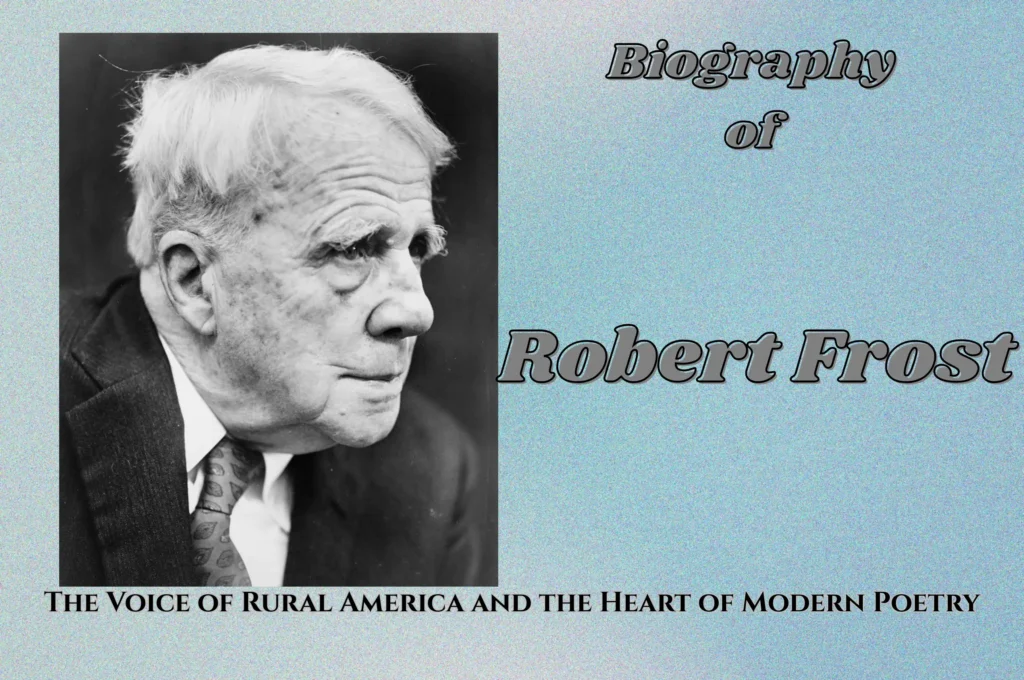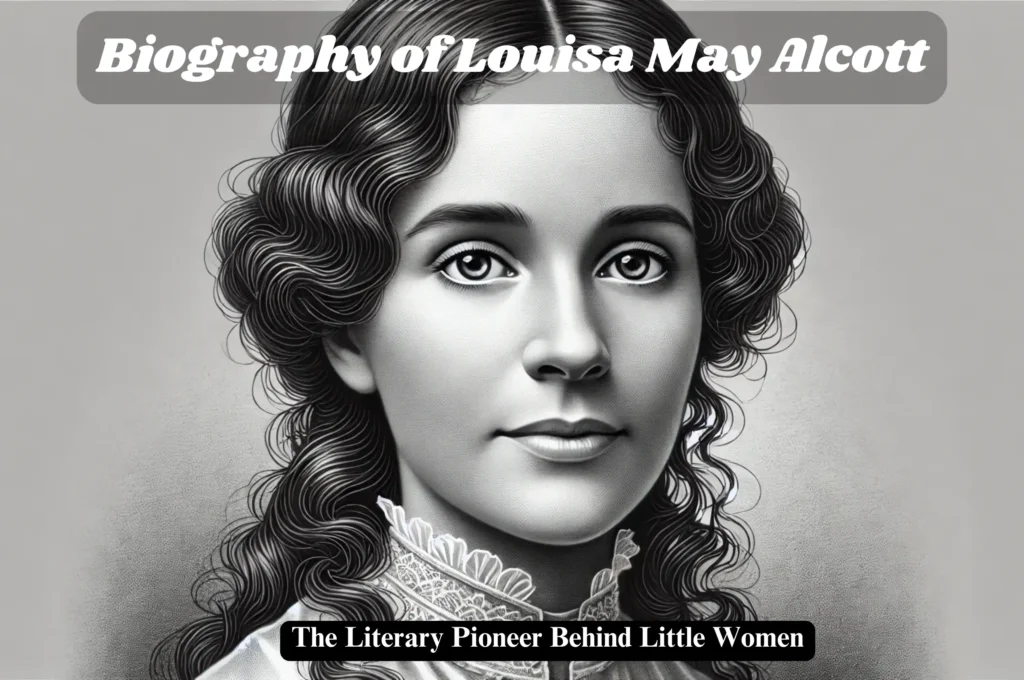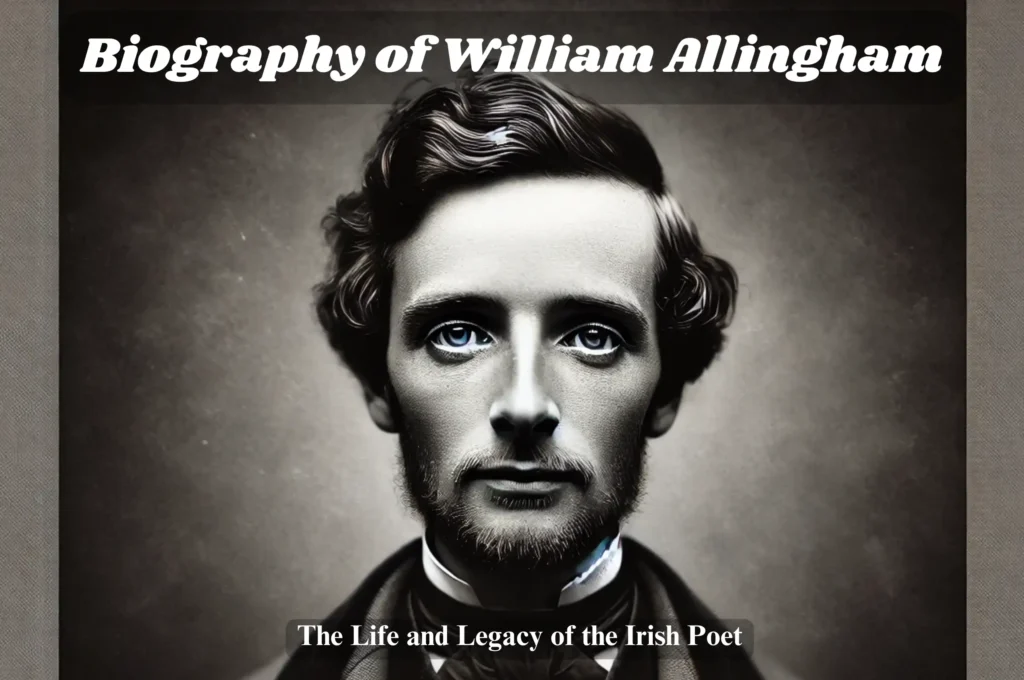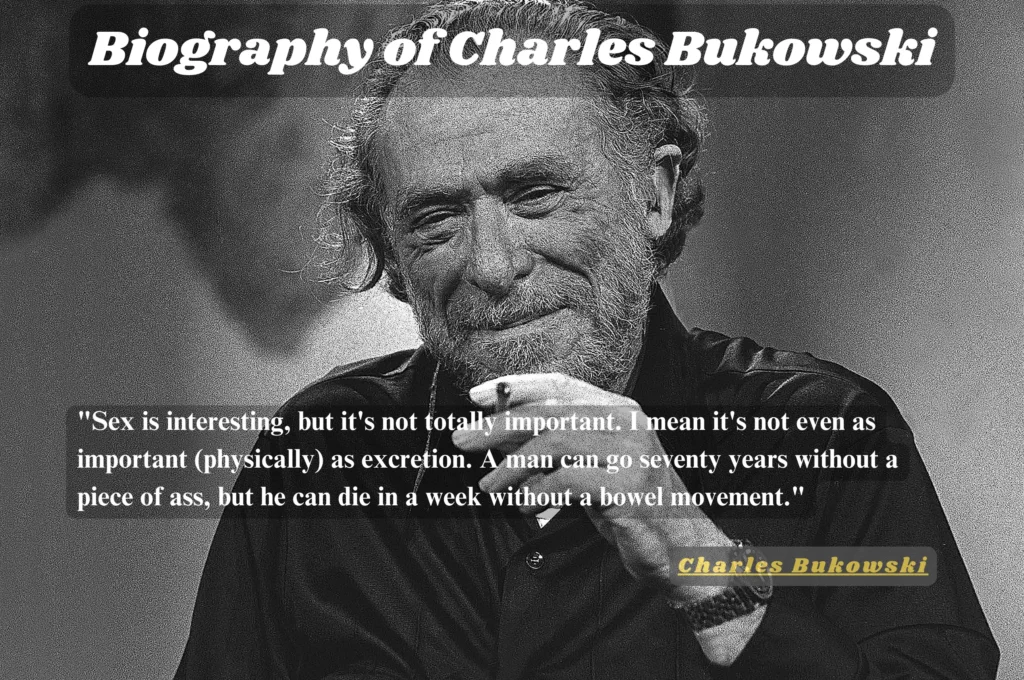Discover the biography of Alfred Austin, England’s poet laureate after Tennyson, known for his poetry, political journalism, and literary critiques. Explore his life, literary career, and controversial appointment as poet laureate. Learn about his writings, from poetry and novels to political essays, and his influence on 19th-century literature and journalism.
Back to: Poets and Poetry Page
Table of Contents
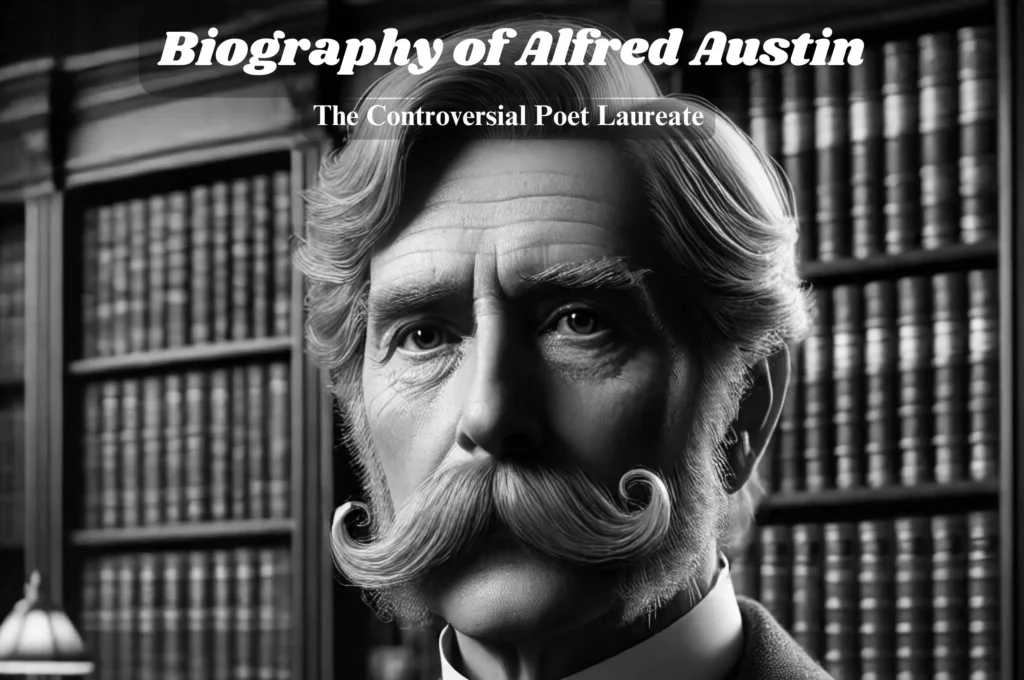
Biography of Alfred Austin
Alfred Austin was a versatile writer—critic, novelist, political journalist, and poet—yet his legacy is overshadowed by his reputation as one of England’s least-read and most criticized poets. Although trained in law, he devoted his life to literature, writing for over fifty years and eventually succeeding Alfred, Lord Tennyson, as Poet Laureate in 1896. His appointment, however, was widely regarded as a political favor rather than a recognition of literary excellence.
Born on May 30, 1835, in Headingley, near Leeds, Austin was raised in a Roman Catholic family. His father, Joseph Austin, was a merchant and magistrate, while his mother, Mary Austin, was the sister of the engineer and Member of Parliament Joseph Locke. He was educated at Stonyhurst College and St. Mary’s College, Oscott, before earning a B.A. from the University of London in 1853. Although called to the Bar at the Inner Temple in 1857, he abandoned his legal career within three years, turning instead to literature after inheriting a fortune upon his father’s death in 1861.
Austin’s literary career began with the publication of Randolph: A Poem in Two Cantos (1855), followed by his novel Five Years of It (1858). From 1866 to 1896, he was a foreign affairs writer for the London Standard, where he championed conservative politics. A fervent admirer of Disraeli and a staunch critic of Russia, Austin was deeply invested in European politics. He covered the Ecumenical Council of the Vatican, the Franco-German War, and the Congress of Berlin, writing works such as Russia Before Europe (1861) and England’s Policy and Peril (1877). In 1883, he co-founded The National Review with William John Courthope, serving as its editor until 1895. He also ran unsuccessfully for Parliament twice as a Conservative candidate.
Despite his dedication to poetry, Austin’s work was often dismissed as uninspired and derivative. Influenced by Byron and Scott, he championed narrative and dramatic verse but lacked the depth and originality of his predecessors. His Poetry of the Period (1869) harshly criticized esteemed poets like Tennyson, Browning, Swinburne, and Whitman, branding their work as “feminine” and “childish.” While his critiques occasionally contained valid insights, they were often dismissed as audacious rather than substantive.
Austin’s only widely appreciated book was The Garden That I Love (1894), a prose work celebrating the charm of his Kentish home. Other similar works, such as In Veronica’s Garden (1895) and Spring and Autumn in Ireland (1900), showcased his talent for simple, heartfelt writing. Though his poetry was largely disregarded, his early satire The Season and the dramatic poem Fortunatus the Pessimist (1892) received some positive attention.
His appointment as Poet Laureate in 1896 was met with widespread derision. Many believed he was selected due to political loyalty rather than poetic merit, as the more talented Swinburne and Kipling were deemed unsuitable by Queen Victoria. His tenure diminished the prestige of the laureateship, with the satirical magazine Punch mocking him as “Alfred the Little.” His poem Door of Humility (1906) attempted to emulate Tennysonian themes but only reinforced the view that he was an inadequate successor.
Austin chronicled his life in Autobiography of Alfred Austin, Poet Laureate, 1835-1910, published posthumously in 1911. While he saw himself as a literary genius, critics viewed his self-perception as delusional. His autobiography, filled with self-aggrandizing reflections, was often more entertaining for its unintentional humor than for its insights.
Despite his many contributions to literature and journalism, Austin’s name remains synonymous with mediocrity in poetry. His legacy, shaped by political favoritism and critical scorn, serves as a cautionary tale of literary ambition exceeding artistic ability.
Poems by Alfred Austin
- Love’s Blindness by Alfred Austin
- A Christmas Carol – A Poem by Alfred Austin
- The Haymakers’ Song
- At His Grave
- Agatha
- Love’s Blindness
- The Haymakers’ Song
- At His Grave
- Agatha
- A Last Request Poem by Alfred Austin
- A Fragment Poem by Alfred Austin
- Free Will And Fate
- A Country Nosegay
- A Letter From Italy
- A Snow-White Lily Poem by Alfred Austin
- A November Note
- A Farewell
- Is Life Worth Living?
- A Defence Of English Spring
- A Night In June
- Give Me A Roof Where Wisdom Dwells
- A Portrait
- If You Were Mine, If You Were Mine,
- A Farewell To Youth
- A Dream Of England
- The Poet And The Muse
- A Birthday
- A Border Burn
- A Farmhouse Dirge
- When I Am Gone
- A Poet’s Eightieth Birthday
- At Shelley’s Grave
- At Shelley’s House At Lerici
- A Florilegium
- A Woman’s Apology
- A Question
- Sisyphus
- At Vaucluse
- Love’s Trinity
- A Captive Throstle
- A Dialogue At Fiesole
- In The Month When Sings The Cuckoo
- A Meeting
- Farewell To Italy
- At His Grave
- Unseasonable Snows
- Here, Where The Vine And Fig Bask Hand In Hand
- Why England Is Conservative
- Grandmother’s Teaching
- A Point Of Honour
- Farewell To Spring
- Farewell
- In Praise Of England
- Ave Maria
Quotes by Alfred Austin
“Across the wires the electric message came: “He is no better, he is much the same.””
“Exclusiveness in a garden is a mistake as great as it is in society.”
“Public opinion is no more than this: what people think that other people think.”
“Show me your garden and I shall tell you what you are.”
“Tears are the summer showers to the soul.”
“The glory of gardening: hands in the dirt, head in the sun, heart with nature. To nurture a garden is to feed not just on the body, but the soul.”
“There is no gardening without humility. Nature is constantly sending even its oldest scholars to the bottom of the class for some egregious blunder.”
Explore our Literature YouTube Channels:
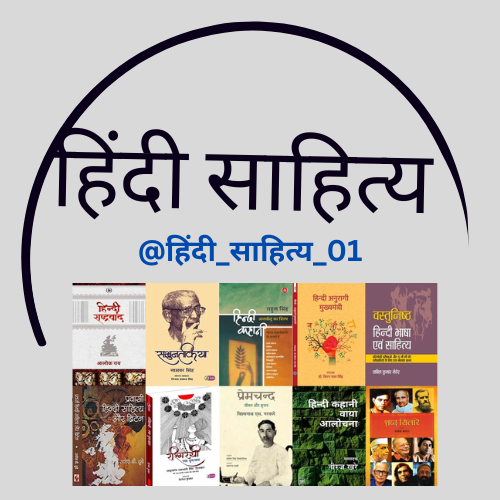
YouTube Channel Link:

YouTube Channel Link:

YouTube Channel Link:

YouTube Channel Link

